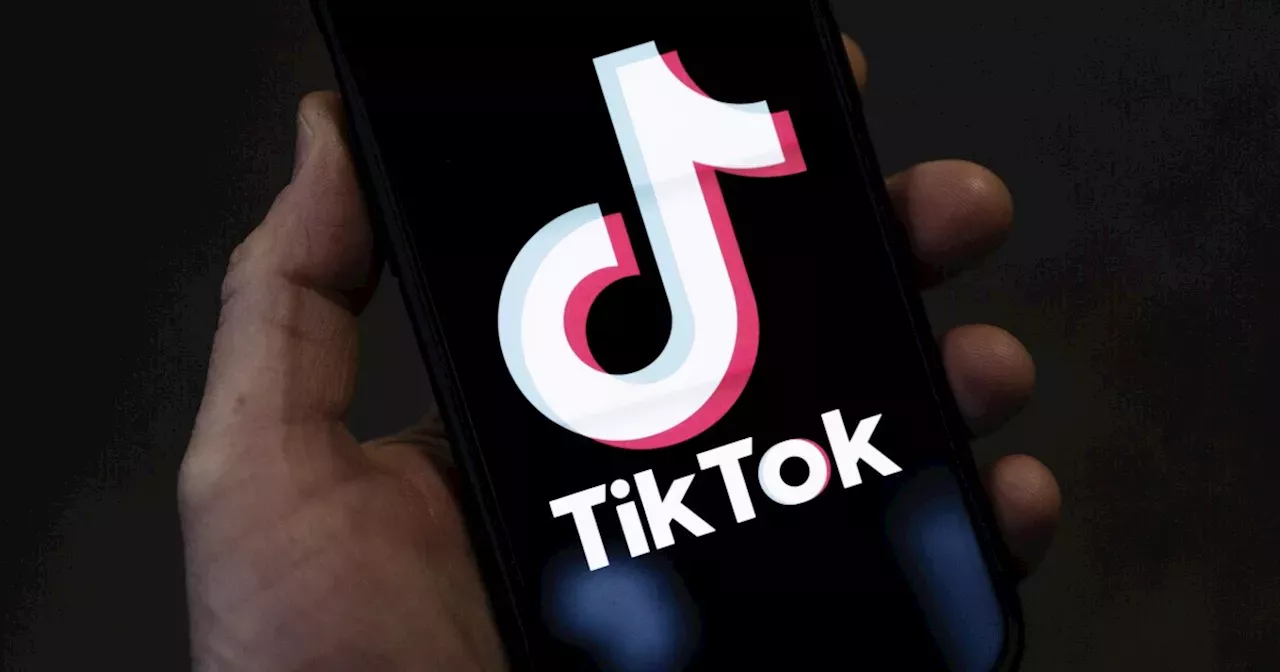
TikTok U.S. App Shutdown Looms: A Critical Analysis
The Impending Shutdown and Its Consequences
As rumors swirl, sources close to the matter have revealed that the popular short-form video app TikTok’s U.S. operations may face an abrupt shutdown as early as Sunday. This bombshell news sends shockwaves through the social media landscape, threatening to disrupt the usage habits of millions.
TikTok’s immense popularity, particularly among young users, has transformed it into a cultural phenomenon. However, its ownership by the Chinese company ByteDance has raised concerns about user data privacy and national security. The potential shutdown stems from a protracted battle between TikTok and the U.S. government, which has accused ByteDance of using the app to siphon off sensitive information.
Contrasting Perspectives on the Shutdown
The looming shutdown has sparked a complex array of reactions. Some view it as a necessary step to protect national security, while others criticize it as an unjustified attack on free speech and online freedom.
Supporting the Shutdown
Advocates of the shutdown argue that TikTok’s close ties to the Chinese government pose a significant risk. The app has been known to censor content critical of the Chinese Communist Party, raising fears that it could be used as a propaganda tool or to track and suppress dissent.
Opposing the Shutdown
Opponents of the shutdown condemn it as an unwarranted and indiscriminate move that stifles innovation and creativity. They argue that the government’s concerns about data privacy are overblown and that a reasonable compromise could be reached without resorting to a blanket ban.
Economic and Cultural Implications
Beyond the national security debate, the shutdown would have profound economic and cultural consequences. TikTok has become an integral part of the digital economy, generating billions of dollars in revenue and creating countless jobs.
The app has also emerged as a breeding ground for emerging artists and entertainers. Many individuals have leveraged TikTok’s platform to showcase their talents, build their brands, and connect with audiences. A shutdown would abruptly cut short these aspirations.
Data and Evidence
The debate over TikTok’s potential ban is fueled by a complex interplay of data and evidence. While some studies have expressed concerns about data privacy and security, others have found no evidence of malicious activity.
A recent report by the Citizen Lab at the University of Toronto highlighted potential vulnerabilities in TikTok’s data collection practices. However, TikTok has vehemently denied these allegations and maintains that it complies with all applicable laws and regulations.
Conclusion: A Balancing Act
The impending TikTok shutdown poses a series of complex challenges and opportunities. On the one hand, it raises legitimate concerns about national security and data privacy.
On the other hand, it would stifle innovation, harm the digital economy, and silence voices that rely on the platform for expression. It is imperative that policymakers approach this issue with a delicate balance, carefully weighing the potential risks and benefits before making a decision.
Ultimately, the fate of TikTok in the United States remains uncertain. However, the debate surrounding its shutdown has exposed fundamental tensions between the government’s responsibility to protect citizens and the importance of free speech and online freedom. As the clock ticks down, it is crucial to engage in a thoughtful and nuanced discussion about the broader implications of this decision.
